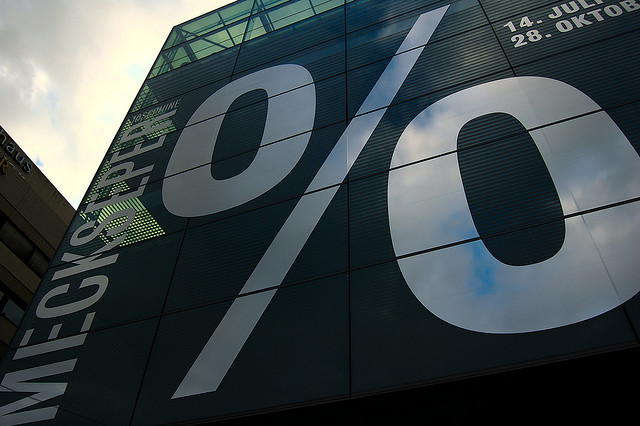“We are just not sure it’s worth 6% of our company.”
Accepting the position of Managing Director in charge of DreamIt’s NY startup accelerator meant a lot of things, two of which include:
- Meeting a lot of really, really interesting startups 🙂
- Far less time for writing for AlleyWatch 🙁
One recent experience cut right to the core of the accelerator experience and has been bothering me so much that I’m going to share it despite having far more pressing items to handle in the one week I have left before DreamIt NY Summer 2014 kicks off.
We receive hundreds upon hundreds of applications for the summer accelerator cycle and meet with (in person or via Skype) over 50 of them before winnowing them down to the 10-15 companies we accept into this program. Despite the long odds – you are actually statistically more likely to get into Harvard than DreamIt! – you may be surprised to hear that not every company we extend an offer to ultimately accepts. Most of the (small) handful of companies who decline do so because they want a few more months to work on their business before entering our program. As DreamIt has accelerator programs every few months, our philosophy in these cases is generally, “We liked you now, we’ll love you even more after three months of further progress.” So if I’m sad not to have them in DreamIt NY Summer 2014, my colleague Patrick FitzGerald will be thrilled to have them in DreamIt Philly Fall 2014.
One of the startups we accepted opted to go into a different accelerator program. We ‘win’ far more than we ‘lose,’ but I won’t pretend this doesn’t happen from time to time. I think they made a mistake, especially given the nature of their business and the industry they are in, but the other accelerator runs a good program as well. So now I know how Harvard feels when a student they accepted goes with Yale instead. This isn’t the situation that bothers me.
One startup we accepted signed the offer letter and we both began making plans for the summer. Then I got a call from the founder who said that she was having second thoughts. Would we be able to find the right mentors for her startup? Could we make useful industry connections? By the end of the call she stated that her team felt that they would rather just continue working out of her parents’ basement than give up 6% of their company to an accelerator.
Let’s ignore the fact that these were all questions that should have been asked before signing our offer letter – ideally even before applying to an accelerator program – and focus on the core complaint: is an accelerator program worth 6% of your company? For the answer to be Yes, a very simple equation has to hold true:
EV(startup+accelerator)*94% > EV(startup)*100%
In other words, is the Expected Value of 94% of your startup with the accelerator’s help worth more than the Expected Value of 100% of your startup without any help?
So how do we think about the Expected Value of a startup? Let’s simplify the problem with some hypothetical numbers. Let’s assume that a “success” means that your startup sells for $100M and that the “odds” of success are 1:100 or 1% (note: I’m a huge fan of making the math easy). In this case:
Expected Value = $100M * 1% = $1M
(hmm… I wonder if this is why so many priced seed rounds are at a $1M pre?)
So for the accelerator to be at least as good a deal as going it alone, the odds of success have to be high enough to get you to a $1M+ Expected Value despite giving up 6%. Let’s whip out the calculator and solve for x:
94% * $100M * x% = $1M
x% = 1.064%
So, whether they understood this or not, what this startup was saying is, “We think your accelerator cannot increase our odds of success by even seven one-hundredths of a percent.” Wow.
Now, there are a lot of new accelerators out there and I firmly believe that some (many?) of the newer ones with no track record of nurturing successful startups, no real network of experienced, no well-connected mentors, no built-in audience of hundreds of active angel investors – these accelerators probably cannot move the needle when it comes to increasing a startup’s odds of success. In fact, entering into a poorly regarded accelerator may even reduce the odds of success due to the negative signal. But to think this about an accelerator with a six year history in five cities where over one third of our ‘graduates’ have collectively raised over $115M, and who are now worth in aggregate over $410M, that’s mind boggling.
Now, I like these entrepreneurs and I honestly and truly hope they succeed despite their decision, but I fear that they have just made a horrible mistake.
Thanks for letting me get that off my chest. Now back to work!
Image credit: CC by Ralph Unden





